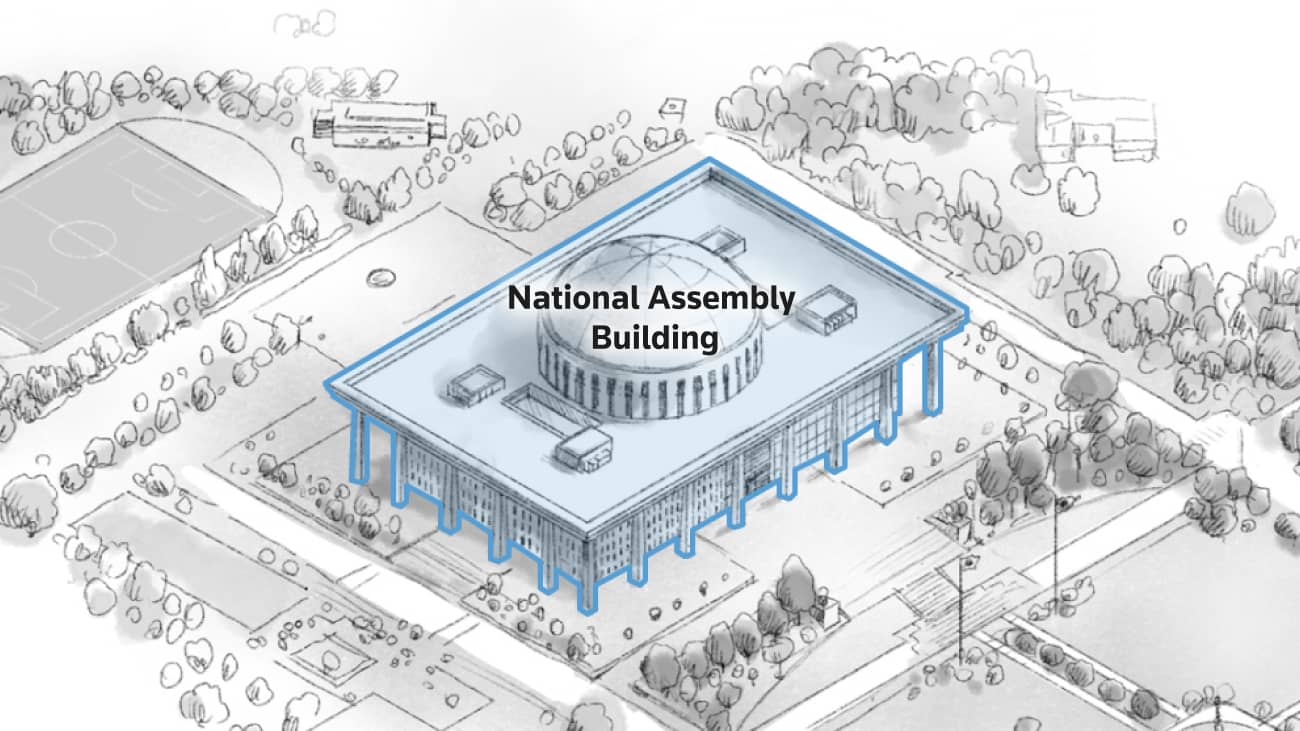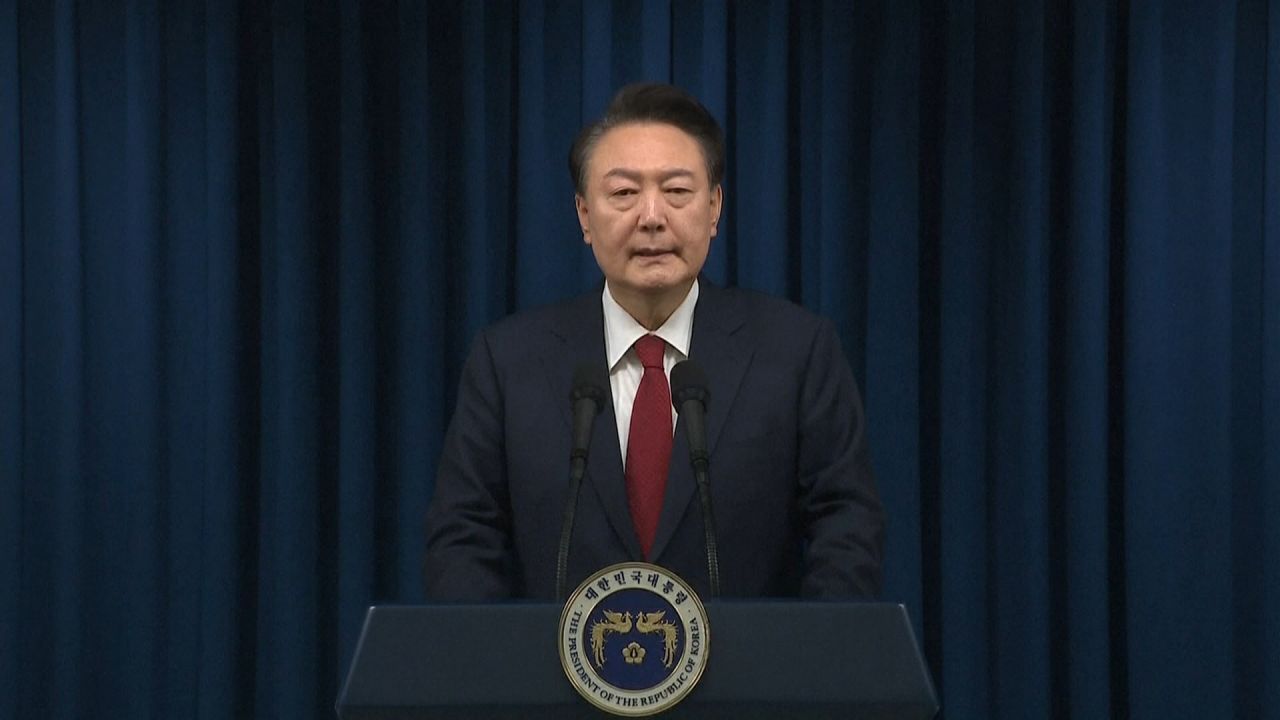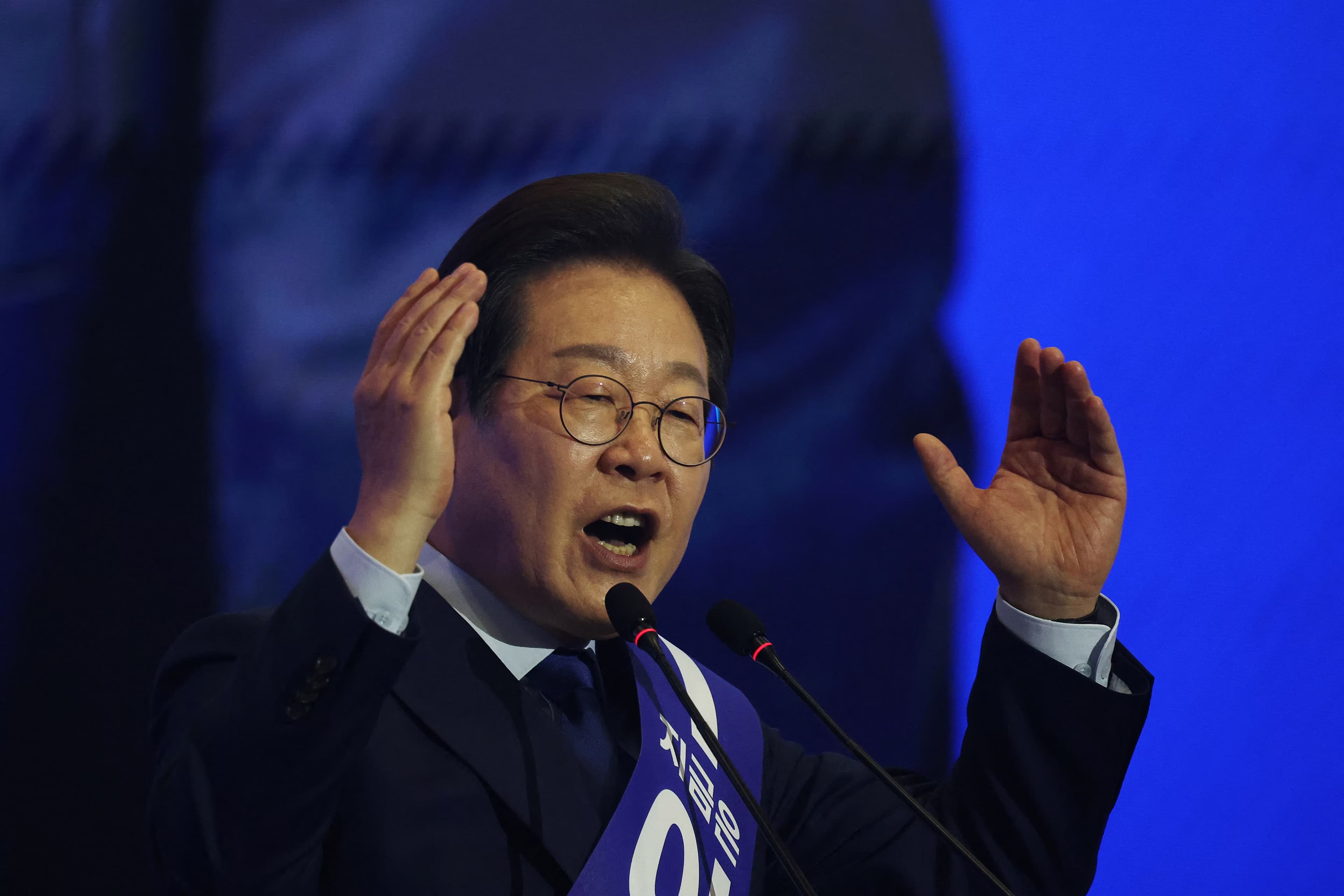The recent South Korean presidential election has sent shockwaves through the political landscape, revealing a society deeply divided along gender lines. The victory of liberal candidate Lee Jae-myung, who captured 49% of the vote, comes on the heels of a political crisis that saw former President Yoon Suk-yeol impeached for his unprecedented declaration of martial law. This election, held on June 3, 2025, was not just a referendum on political leadership but a stark indicator of the fractures in South Korean democracy.
Record Voter Turnout Signals Urgency for Change
The voter turnout for this election reached a remarkable 79%, reflecting the urgency with which the populace approached the ballot. As reported by AP News, this high engagement underscores not only a desire for political legitimacy but also a collective rejection of the authoritarianism that characterized Yoon"s presidency. Lee"s victory, while a win for progressive politics, does not mask the significant societal divisions that remain.
Gender Polarization Takes Center Stage
What stands out in this election is the pronounced gender divide. According to Reuters, exit polls revealed that nearly 60% of young women supported Lee, while young men gravitated towards conservative candidates. The stark demographic split illustrates how different groups interpret the political landscape and their futures. Young women, alarmed by Yoon"s rollback of gender equality initiatives, viewed Lee as a bulwark against further regression, while many young men, facing an uncertain job market, felt disenfranchised by progressive policies.

South Korea"s short-lived martial law: How it unfolded and ...
Generational Divides Shape Political Preferences
The generational divide is equally alarming. Data from Wikipedia indicates that voters in their 40s and 50s overwhelmingly supported Lee, contrasting sharply with the preferences of younger men. This division highlights a broader trend of disillusionment among young South Koreans, exacerbated by the economic challenges they face. As the labor market becomes increasingly competitive, conservative rhetoric that resonates with feelings of exclusion and resentment has found fertile ground.
Political Legitimacy vs. Structural Inequities
While Lee"s election restores a semblance of constitutional legitimacy, it does little to address the underlying structural tensions within South Korean society. According to Wikipedia, support for democratic values is on the rise, yet satisfaction with the functioning of democracy lingers below 50%. This duality—normative support for democracy coupled with practical disillusionment—creates an environment ripe for populism. Lee"s populist instincts may serve him well in the short term, but they also raise concerns about the coherence of his policy agenda.

South Korean court approves arrest warrant for President Yoon Suk Yeol ...
Implications for Foreign Policy and Global Standing
Lee"s promise of "pragmatic diplomacy" seeks to balance domestic populism with international realities. As the geopolitical landscape grows more volatile, particularly with the resurgence of authoritarianism in North Korea and China"s assertiveness, South Korea"s foreign policy must adapt accordingly. The potential for a transactional U.S. foreign policy under a returning Trump administration complicates Lee"s position. His administration must navigate these treacherous waters carefully, as fence-sitting will no longer suffice in a world where allies require clarity and commitment.



![[Video] Gunfire between Iraqi security forces and Sadr militias in Baghdad](/_next/image?url=%2Fapi%2Fimage%2Fthumbnails%2Fthumbnail-1768343508874-4redb-thumbnail.jpg&w=3840&q=75)
